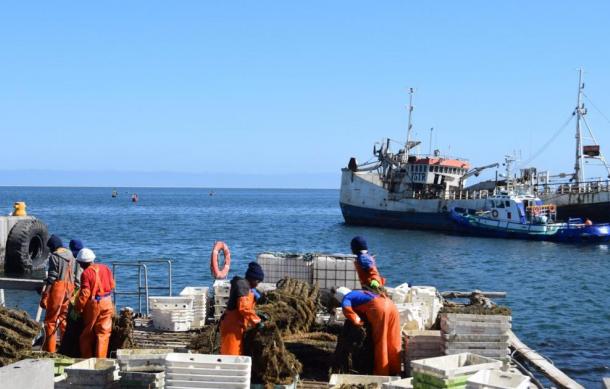
Small-scale fishermen contribute to about 60% of Africa's fishing production.
They directly support the livelihoods of more than 10 million Africans.
This is according to data from the National Plan of Action for Small-Scale Fisheries.
Fishing activities play a vital role in numerous coastal communities.
In Namibia, particularly, they serve as a significant source of income and livelihood.
For decades, local communities in Namibia have relied on harvesting resources from the coast and ocean, with fishing ingrained in their culture, identity, and heritage.
Conservative estimates suggest that Namibia's small-scale fisheries sub-sector indirectly supports the livelihoods of over 280 000 Namibians, which accounts for approximately 11% of the country's total population.
Support for livelihoods comes in the form of income, employment, socio-economic benefits, and food and nutrition security.
In terms of direct support, the inland fisheries sector accounts for approximately 45 000 jobs, while jobs in the coastal small-scale fisheries sector are estimated at about 1500.
Another challenge noted was the displacement of fish from their traditional fishing grounds due to development activities.
This displacement makes it increasingly difficult for small-scale fishermen to catch fish.
Fisheries Deputy Director, Johannes Hamukwaya dismissed the notion that small-scale fishermen deplete fish stocks quicker than fishing vessels.
In September 2020, the Ministry of Fisheries and Marine Resources committed to developing its National Plan of Action for Small-Scale Fisheries.
This commitment involved the implementation of the Voluntary Guidelines for Securing Sustainable Small-Scale Fisheries in the Context of Food Security and Poverty Eradication (SSF Guidelines).





